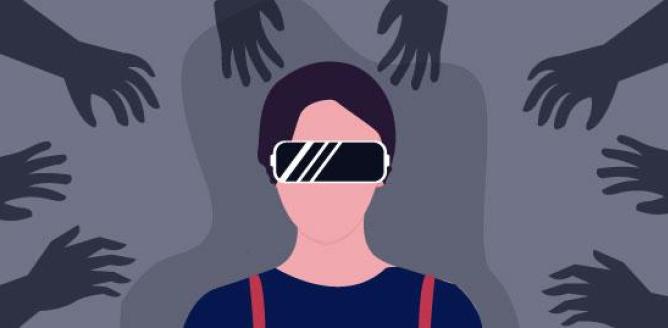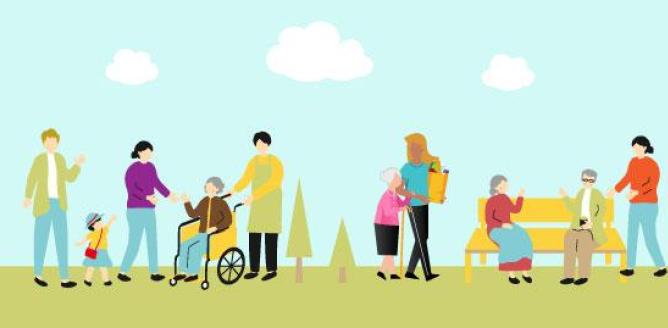“In the 21st Century, I'd like to think women have the right to live lives free of both sexual violence and daily harassment, as well as any other form of inequality.” - Laura Bates, activist and writer
Recent media coverage in Hong Kong of “upskirting” has shown how technology and the misuse of technology is well ahead of the law and online sexual harassment is often overlooked.
Activist Emilia Wong alerted the public about a secret Telegram group of some 10,000 users, where explicit photos and videos of women, and seemingly underage girls, were shared without their knowledge nor consent.
According to police data, in the first quarter of this year, there were 84 reported cases of upskirting, in Hong Kong while the number reached 285 in 2017.
TWF has long raised concerns about upskirting, seeing it a symptom of hypersexualisation and objectification of women in Hong Kong. As we pointed out in an opinion piece published in 2014: “Although this sort of deviant behaviour is not new, the internet and social media have created a new set of concerns about sexual voyeurism, given the scope for images to go viral.”
That year, we called for a specific upskirting law, but four years later, Hong Kong still doesn’t have it. In fact, a number of criminal cases involving smartphones – including upskirting – have been put on hold after the High Court ruled in August that a widely used law had been wrongly applied. The sentencing of a police officer who admitted of taking upskirt photos on hundreds of occasions was delayed that month because of this legal conundrum.
Upskirting is not a problem unique to Hong Kong. An average of 100 upskirt crimes and more than 500 “insult of modesty” cases, which include the use of spycam cameras, are reported to police every year in Singapore.
In South Korea, anger over “spycam porn”, referring to indecent photos and videos of women taken secretly by hidden cameras, unleashed a series of protests in Seoul – the biggest women’s protests in the country’s history – from May to August.
According to UK law professors Clare McGlynn and Erika Rackley, upskirting is a form of “image-based sexual abuse”, just like “revenge porn” (whereby illicit photos or videos of women are spread without their permission as an act of revenge), sexualised photoshopping and sexual extortion.
Following a campaign by upskirting survivor and activist Gina Martin, the UK Parliament is debating a bill that would make upskirting a specific criminal offence.
Our laws need to keep up with changing technology – and there is a real urgency for Hong Kong to have a law that specifically tackles upskirting and other forms of image-based sexual abuse.
Last month, TWF supported the Hong Kong Law Commission Reform’s proposal to create a law around voyeurism in Hong Kong, which included upskirting. We hope this will be taken under consideration by the Government and soon be adopted into law.
However, laws alone won’t be enough. Education and public discussions around gender equality are also crucial to fighting sexist views and spreading awareness about gender-based abuse.





















